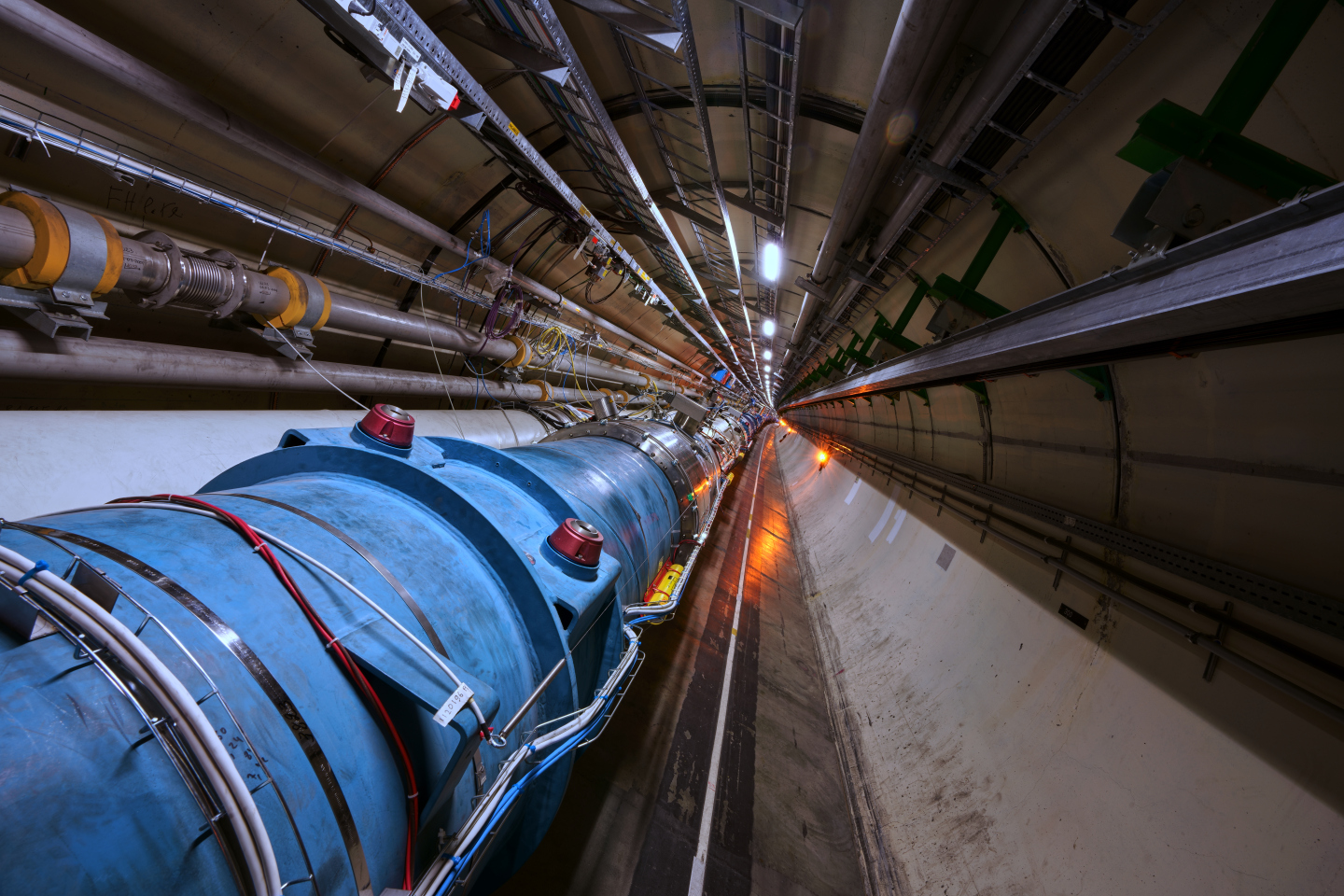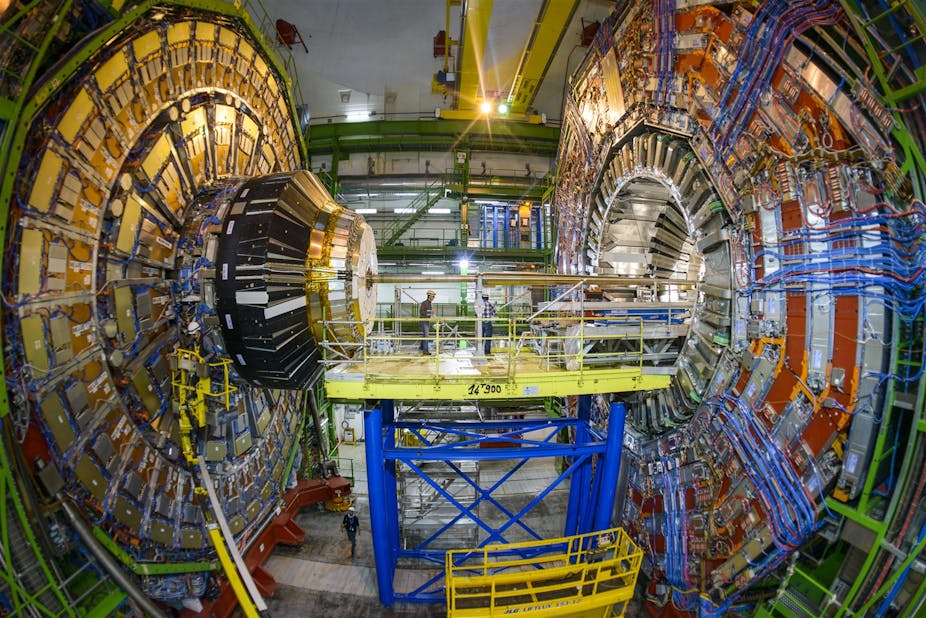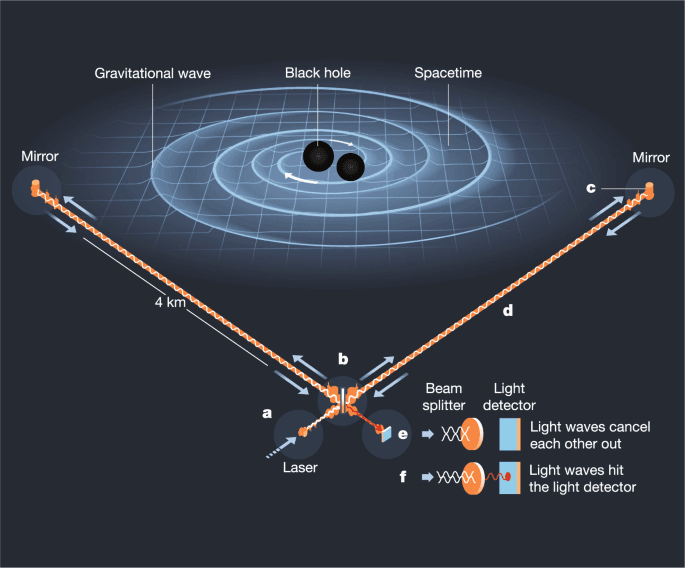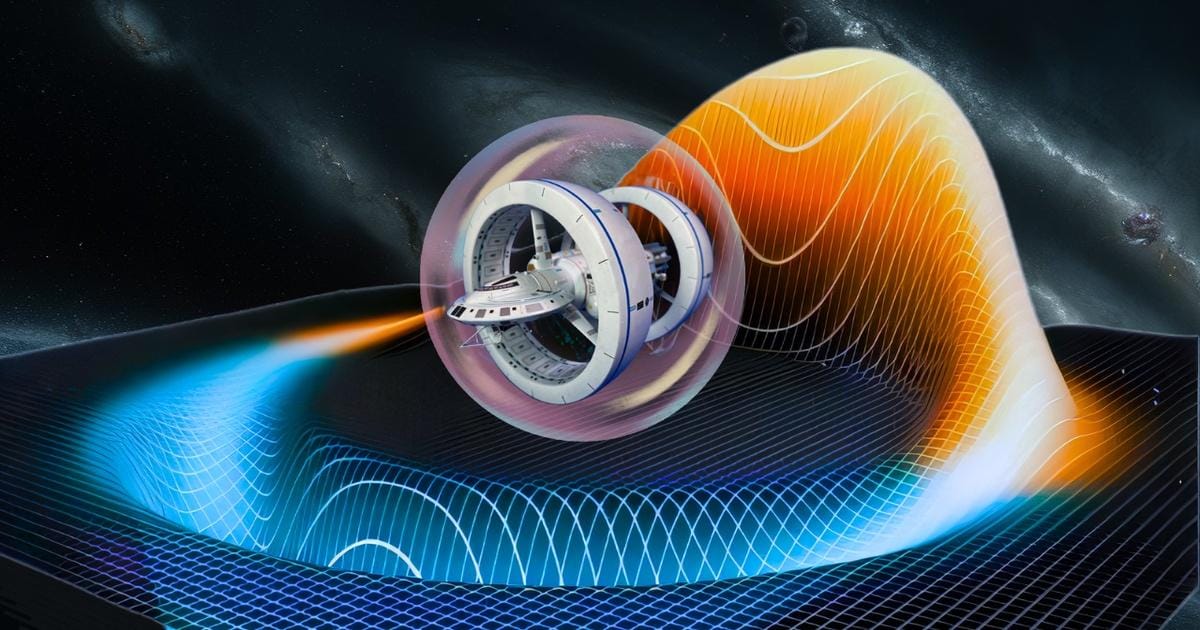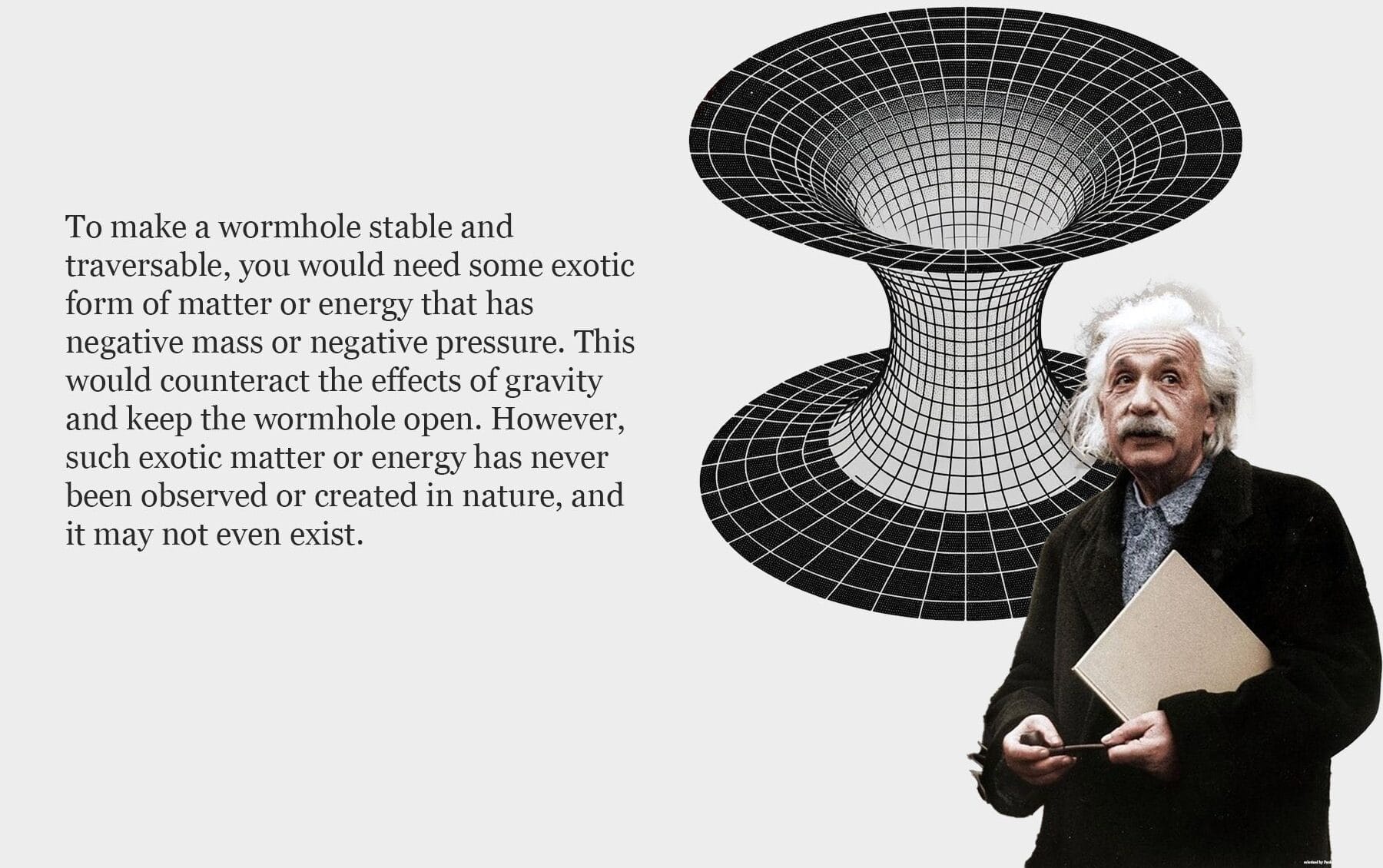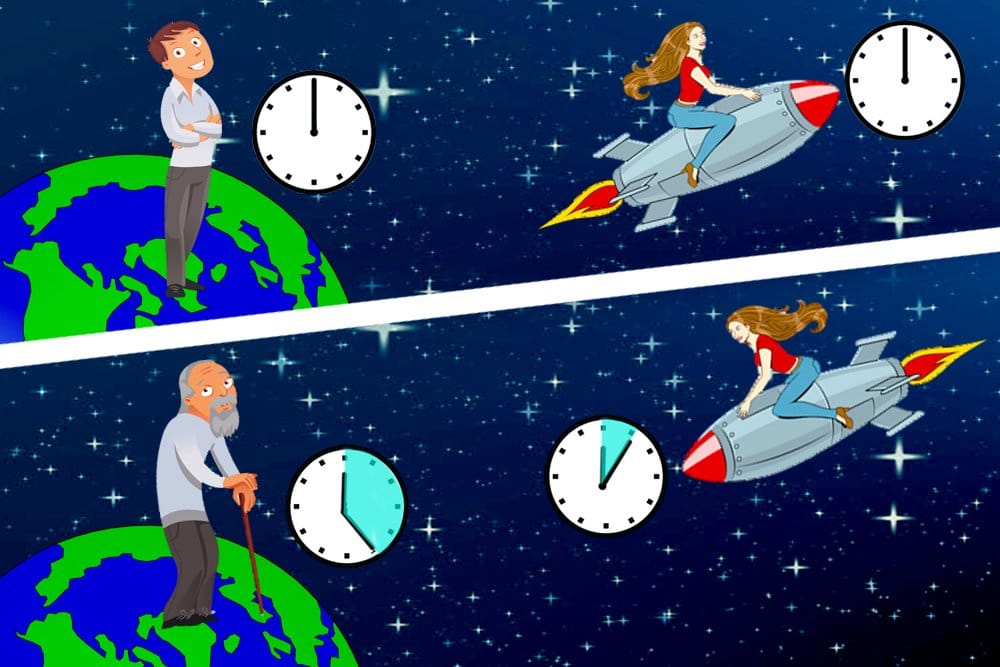Introduction
Time travel has captured humanity’s imagination for centuries. From the mythical Mahabharata in ancient India to modern science fiction epics like Doctor Who and Avengers: Endgame, the allure of moving through time taps into our deepest desires—to rewrite the past or glimpse the future. But how much of this is grounded in science, and how much remains fantasy?
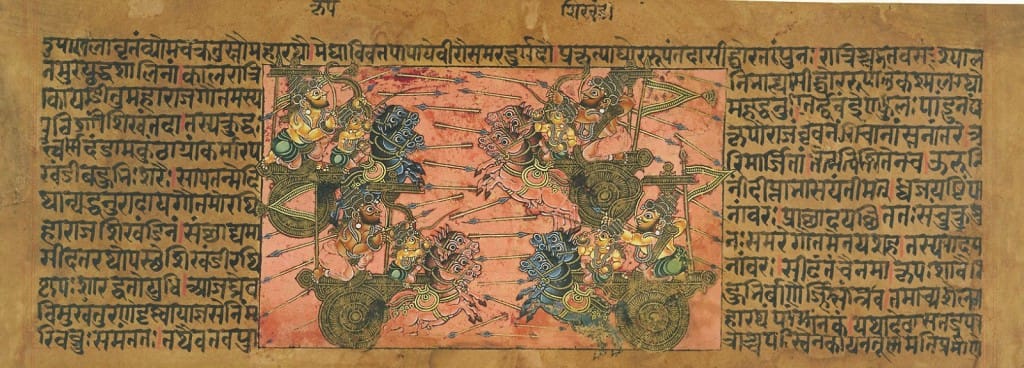
This article explores the concept of time travel from historical, scientific, and technological perspectives. By examining challenges, theories, modern advancements, and the future possibilities, we aim to uncover whether time travel is destined to remain fiction or emerge as an extraordinary scientific reality.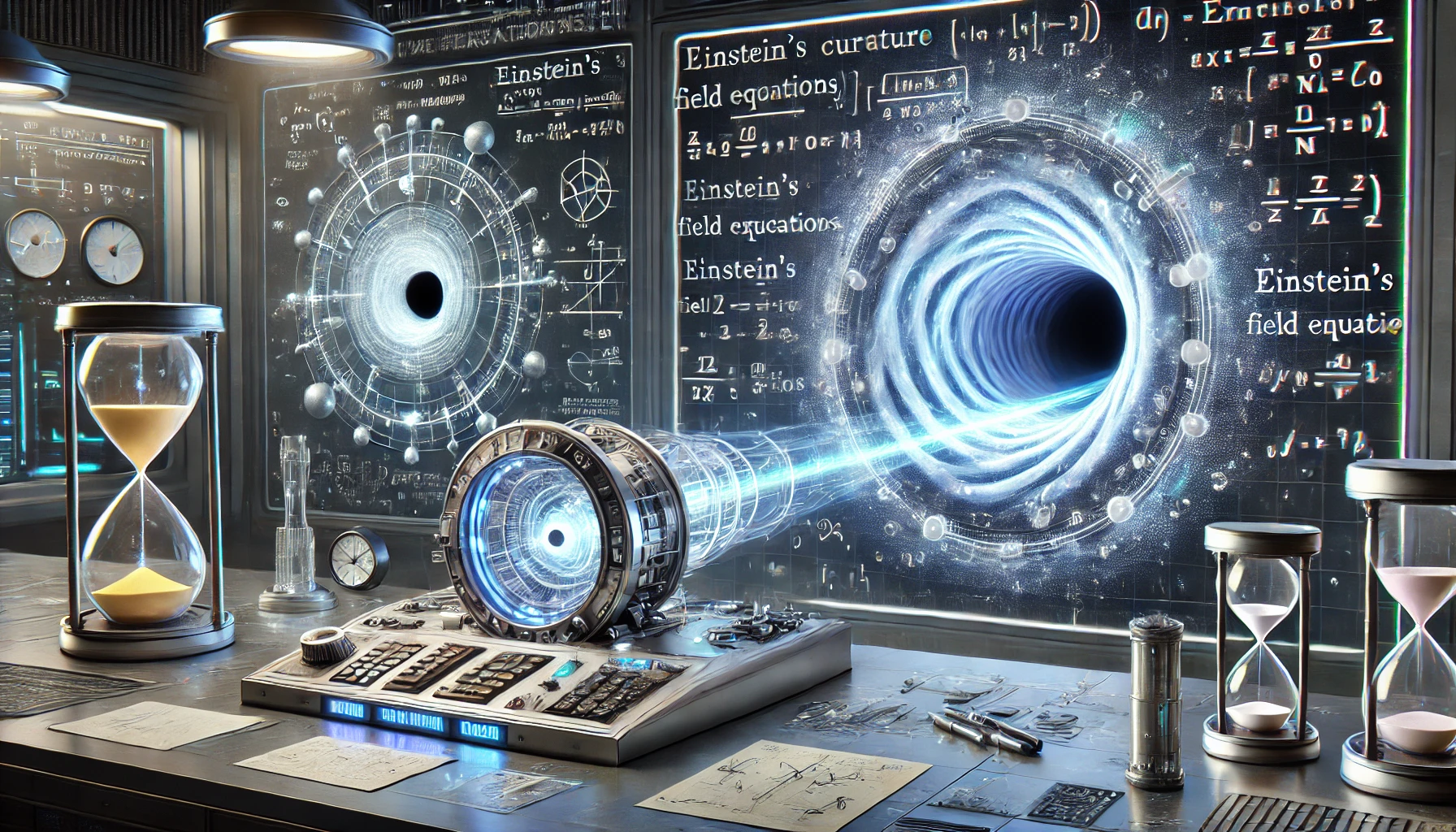
Historical Background &
Scientific Pioneers
The concept of time travel isn’t new. Ancient stories often involved time dilation or divine intervention to manipulate time. For instance, in Hindu mythology, King Kakudmi visits Brahma (click here for explaination)and finds that millions of years have passed on Earth upon his return—a form of forward time travel.
The scientific foundation, however, was laid in the 20th century by Albert Einstein. His Theory of Relativity (click here for explaination) fundamentally altered how we view time. Einstein’s equations showed that time and space are interconnected into four-dimensional fabric called spacetime(Click Here).Time, previously thought to be absolute, was revealed to flow differently depending on speed and gravity. Einstein’s prediction that time slows down near massive gravitational fields or for objects moving close to the speed of light gave us the first scientific foothold for time travel.
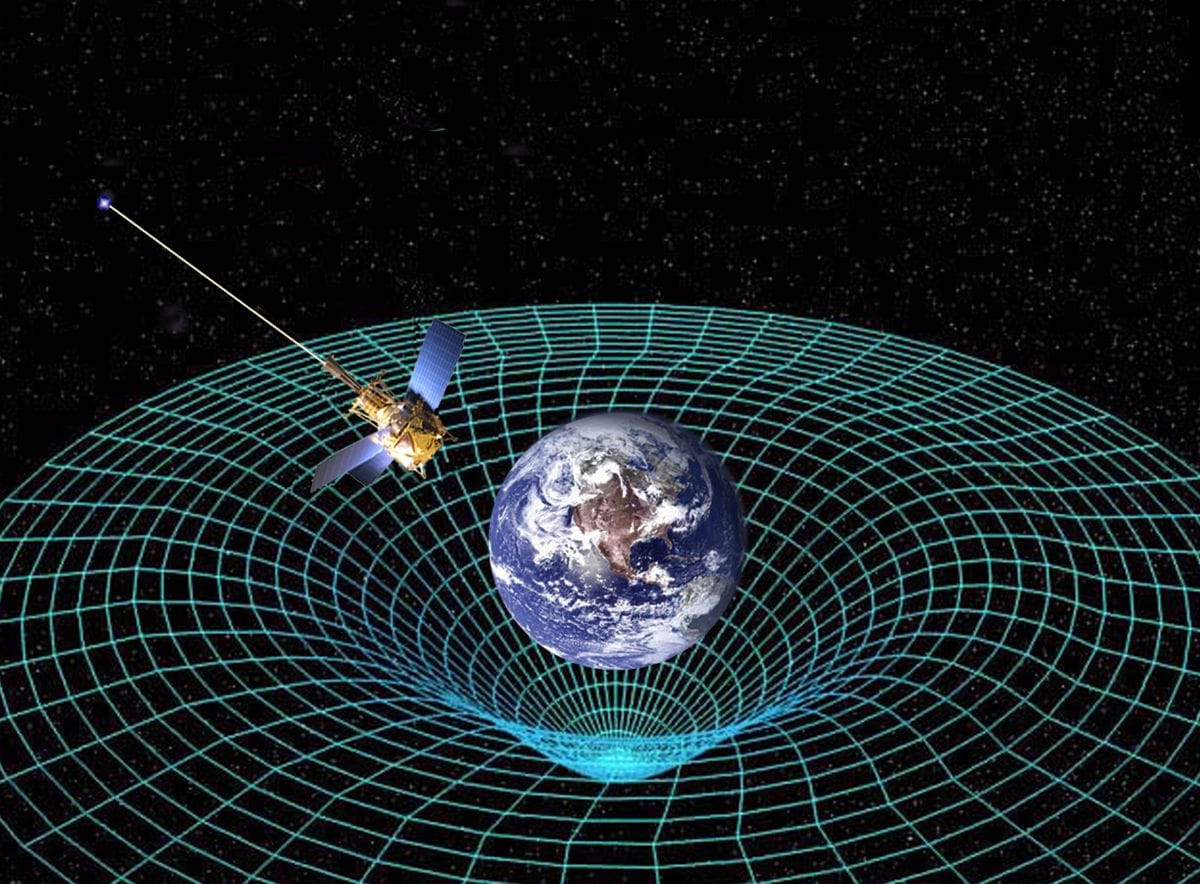
Later, Kurt Gödel (click), a close collaborator of Einstein, proposed solutions to Einstein’s equations that allowed for “closed timelike curves,” theoretical paths through spacetime that could permit backward time travel. Meanwhile, Stephen Hawking (click) brought attention to the paradoxes and practical limitations of time travel but never dismissed its potential outright. Kip Thorne (Click )advanced the idea of wormholes as possible shortcuts through time and space, further fueling scientific interest.
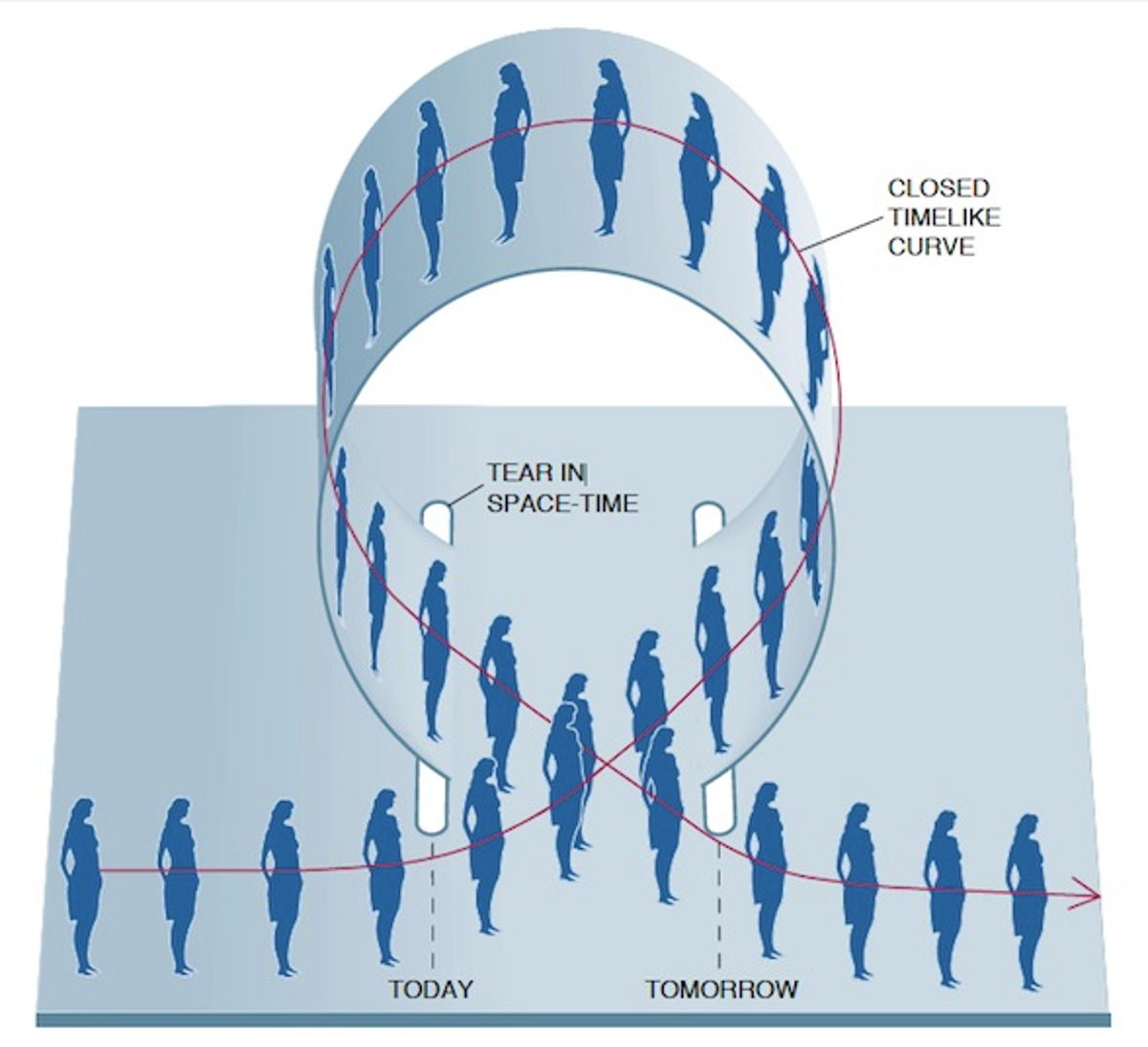
The Technological Frontier:
What Might Enable Time Travel?
To achieve time travel, we must harness technologies that manipulate spacetime. While no “time machine” exists today, emerging fields provide tantalizing possibilities:
- Particle Accelerators:
- Gravitational Wave Detectors:
- Quantum Computing:
- Warp Drive Concepts:
Challenges to Time Travel
Time travel faces significant theoretical, technical, and philosophical hurdles:
- Energy Requirements:
- Paradoxes:
- The “grandfather paradox” and the “butterfly effect” highlight the logical inconsistencies of altering past events. For instance, what happens if you prevent your own birth?

- The Grandfather Paradox:
-If you travel back in time and prevent your grandfather from meeting your grandmother, how would you exist to go back in time in the first place?
- The Grandfather Paradox:
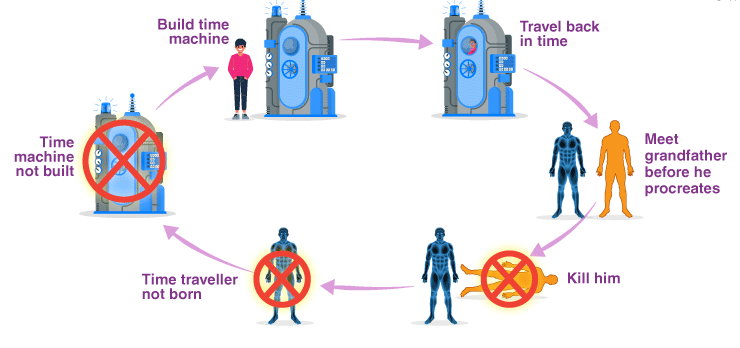
- The Bootstrap Paradox:
-What if an object or information is sent back in time and becomes the source of its own existence? This creates a causality loop without a clear origin
- The Bootstrap Paradox:
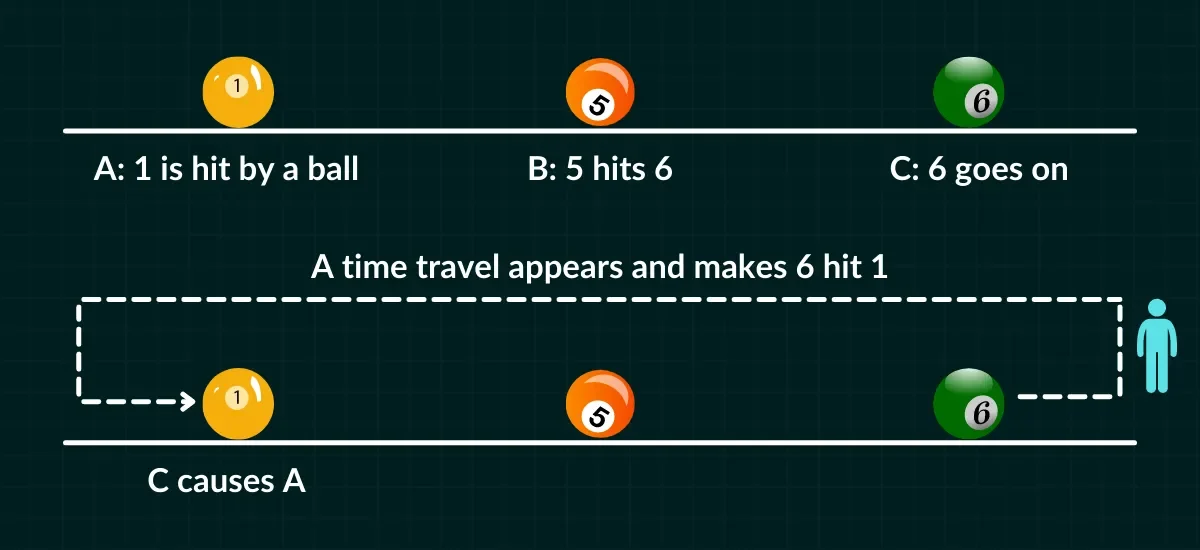
- Stability of Wormholes:
- Even if wormholes exist, they may be too unstable to traverse. Theoretical work suggests exotic matter might stabilize them, but this remains speculative.
- Ethical Dilemmas:
- If time travel becomes feasible, who gets to decide how it’s used? Could it be weaponized, or lead to exploitation of future or past societies?
Theoretical Foundations Supporting
Time Travel
Several theories hint at the plausibility of time travel:
- Special and General Relativity:
- Wormholes:
- Quantum Mechanics (Our Previous Post -> click ):
- Concepts like retrocausality, where effects precede causes, and the many-worlds interpretation suggest that events in one timeline might influence another without violating causality.
- Cosmic Strings:
- These hypothesized, ultra-dense strands of energy could warp spacetime significantly. A pair of cosmic strings moving past one another might theoretically allow time loops.
Companies and Experiments
While no corporation directly builds “time machines,” many entities are exploring adjacent technologies:
- NASA:
- Researching gravitational waves, black holes, and relativity, NASA’s projects deepen our understanding of how spacetime behaves.
- Google:
- Quantum computing(Our Previous Post -> click) efforts might reveal mechanisms for time manipulation at the quantum level.
- CERN:
- High-energy particle physics experiments at CERN shed light on how the universe’s fundamental forces relate to time.
Other institutions study practical applications of time manipulation, such as precise timekeeping for GPS satellites, which must account for time dilation.
Sociological & Psychological Dimensions
Time travel isn’t just a scientific endeavor; it carries profound implications for society:
- Psychological Impacts:
- Imagine the burden of knowing future tragedies or revisiting painful moments. How would humans cope with such experiences?
- Economic Disruptions:
- Time travel could upend economies, allowing individuals or corporations to exploit future knowledge for financial gain.
- Historical Accountability:
- If past events could be revisited, who decides which injustices are corrected or preserved?
Possibility
Can we travel through time? Forward time travel is a proven reality under the laws of relativity. Astronauts and particles experience time differently in high-speed or high-gravity conditions. Backward time travel, however, remains speculative. While theoretical physics doesn’t rule it out, practical and ethical barriers make it unlikely in the foreseeable future.
Breakthroughs in quantum mechanics (Our Previous Post -> click )or the discovery of exotic matter could someday change this. Scientists continue to debate whether time travel would violate causality or function within a multiverse framework, where alternate timelines prevent paradoxes.
The Future of Time Travel
If humanity unlocks the secrets of time travel, it could revolutionize everything—from history and exploration to communication and even immortality. Future advancements might involve time-limited portals or “time telescopes” that allow observation of past or future events without physical interference.
Ethical regulations and international cooperation would be essential to prevent misuse. The future of time travel may depend less on science and more on humanity’s wisdom.
Conclusion
Time travel straddles the line between science and science fiction. While current theories like relativity (click here for explaination) and quantum mechanics (Our Previous Post -> click ) provide glimpses of its possibility, the challenges remain daunting. Yet, humanity’s curiosity and drive to explore the unknown could one day transform this dream into reality. Until then, time travel continues to inspire us to think beyond the constraints of the present and imagine a universe of endless possibilities.
(Click notification ![]() for more updates)
for more updates)


